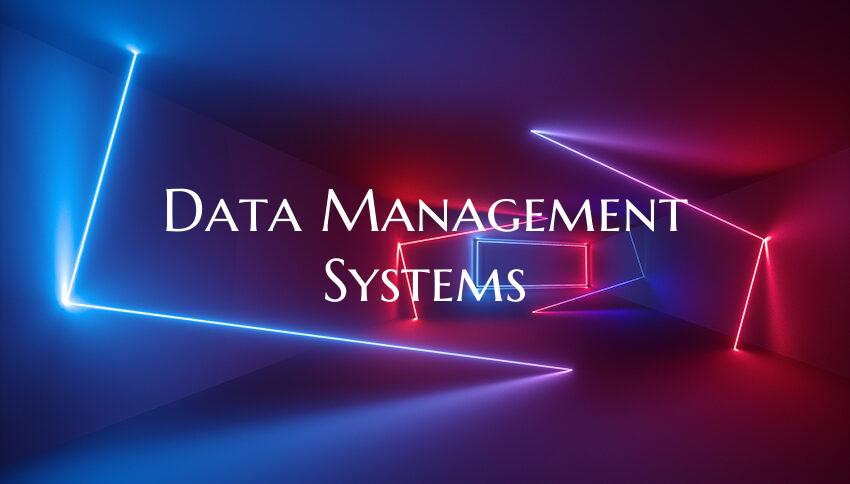Data Management Systems
In today's data-driven world, businesses and organizations are collecting vast amounts of data to gain insights and improve decision-making. However, to harness the power of this valuable resource, they need effective tools and systems in place to manage and process the data efficiently. This is where Data Management Systems (DMS) come into play.
### What are Data Management Systems?
Data Management Systems, often referred to as Database Management Systems (DBMS), are software applications that enable users to store, organize, retrieve, and manage data in a structured way. These systems are crucial for ensuring data integrity, security, and accessibility across an organization.
### Key Components of Data Management Systems:
1. Data Modeling: DMS allows users to create data models that define the structure and relationships within the database. This helps in organizing data logically and efficiently.
2. Data Storage: DMS provides a centralized repository for storing different types of data, such as text, numbers, images, and multimedia files. It ensures data consistency and reliability.
3. Data Retrieval: Users can query the database to retrieve specific information using Structured Query Language (SQL) or other query languages. DMS optimizes the retrieval process for faster access to data.
4. Data Security: DMS implements security measures such as user authentication, access control, and encryption to protect sensitive data from unauthorized access or malicious attacks.
5. Data Backup and Recovery: DMS facilitates regular backups of data to prevent loss due to system failures or disasters. It also offers tools for recovering data in case of accidental deletion or corruption.
6. Data Integration: DMS allows data from multiple sources to be integrated and consolidated for analysis and reporting purposes. It enables better decision-making by providing a unified view of the organization's data.
### Types of Data Management Systems:
1. Relational Database Management Systems (RDBMS): Examples include MySQL, Oracle, and SQL Server. These systems store data in tables with predefined relationships between them.
2. NoSQL Databases: These systems, such as MongoDB and Cassandra, are designed for handling unstructured or semi-structured data and support flexible data models.
3. Big Data Management Systems: Tools like Hadoop and Spark are used for processing and analyzing massive volumes of data, often in distributed computing environments.
### Importance of Data Management Systems:
- Efficiency: DMS streamlines data-related processes and improves operational efficiency by providing quick access to accurate and up-to-date information.
- Decision-making: By enabling data analysis and reporting, DMS empowers organizations to make data-driven decisions based on insights derived from the data.
- Compliance: DMS helps organizations comply with data regulations and standards by ensuring data security, privacy, and auditability.
In conclusion, Data Management Systems play a vital role in modern businesses by enabling efficient data handling, storage, retrieval, and analysis. Investing in robust DMS can lead to improved productivity, better decision-making, and a competitive edge in today's data-centric environment.

